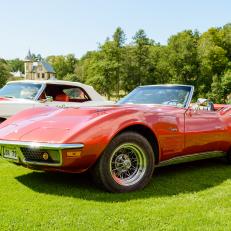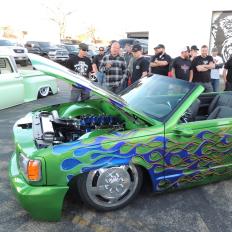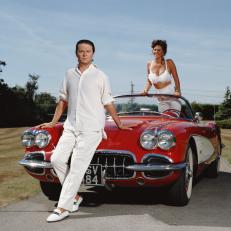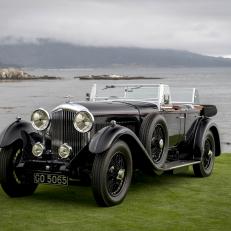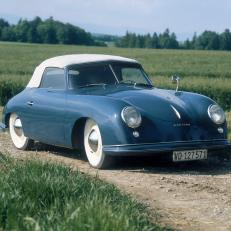10 Things You Might Not Know About "Easy Rider"
“Easy Rider” was a biker film released in 1969 starring Dennis Hopper, Peter Fonda, and Jack Nicholson. It was a classic coming-of-age film that spoke for the counterculture generation and trancended the decades that followed. The iconic flick was not created without bumps in the road and interesting stories to share. 50 years later, we're looking back at the film that changed everything.
Peter Fonda, who played Wyatt (also known as Captain America), thought of the idea for the film while drinking beer and smoking marijuana while staying at a motel in Toronto. He planned to direct and produce the film and called Dennis Hopper immediately, asking him to write and star in it.
Typically, films would hire musicians to compose original scores. “Easy Rider” was one of the first films to include “found music,” which is pre-recorded, existing music.
While the script was ultimately credited to Fonda, Hopper, as well as Terry Southern, there are conflicting stories about who was actually involved in the final piece and how much credit each deserved.
Fonda had to shoot his scene in the hot springs alone 3 weeks after the other actors originally did because he had pneumonia at the time.
Fonda and Hopper argued over how to split the profit. Despite beginning the production as friends, they sadly wrapped it up as enemies.
In 1994, Hopper claimed that Rip Torn was fired from his role for pulling a knife on him. Torn sued Hopper for defamation and won over $400,000.
The marijuana that the characters smoked on set was in fact real. The LSD, however, was not.
The film’s original ending would have had Bill and Wyatt riding into the sunset, but Fonda and Hopper ultimately decided that having the two characters die made for the better story and “mandatory.”
An original Captain American motorcycle from the film was sold for $1.35 million, thus becoming the most expensive motorcycle in the world.
An “Easy Rider” sequel was made in 2012. However, it wasn’t nearly as impactful for American culture and went straight to DVD.












